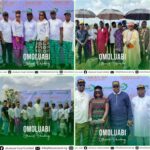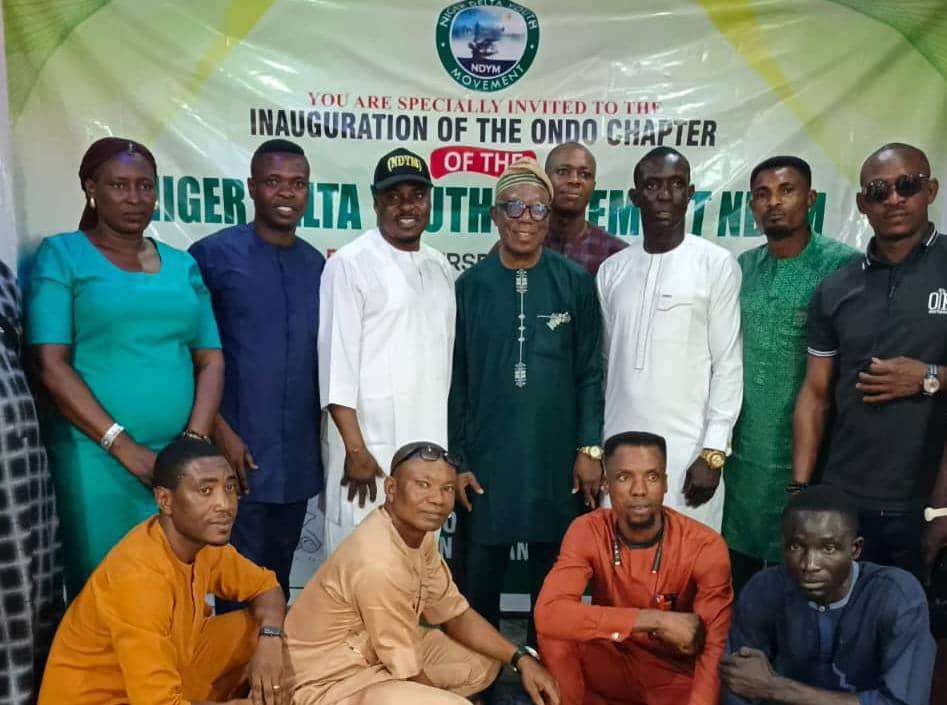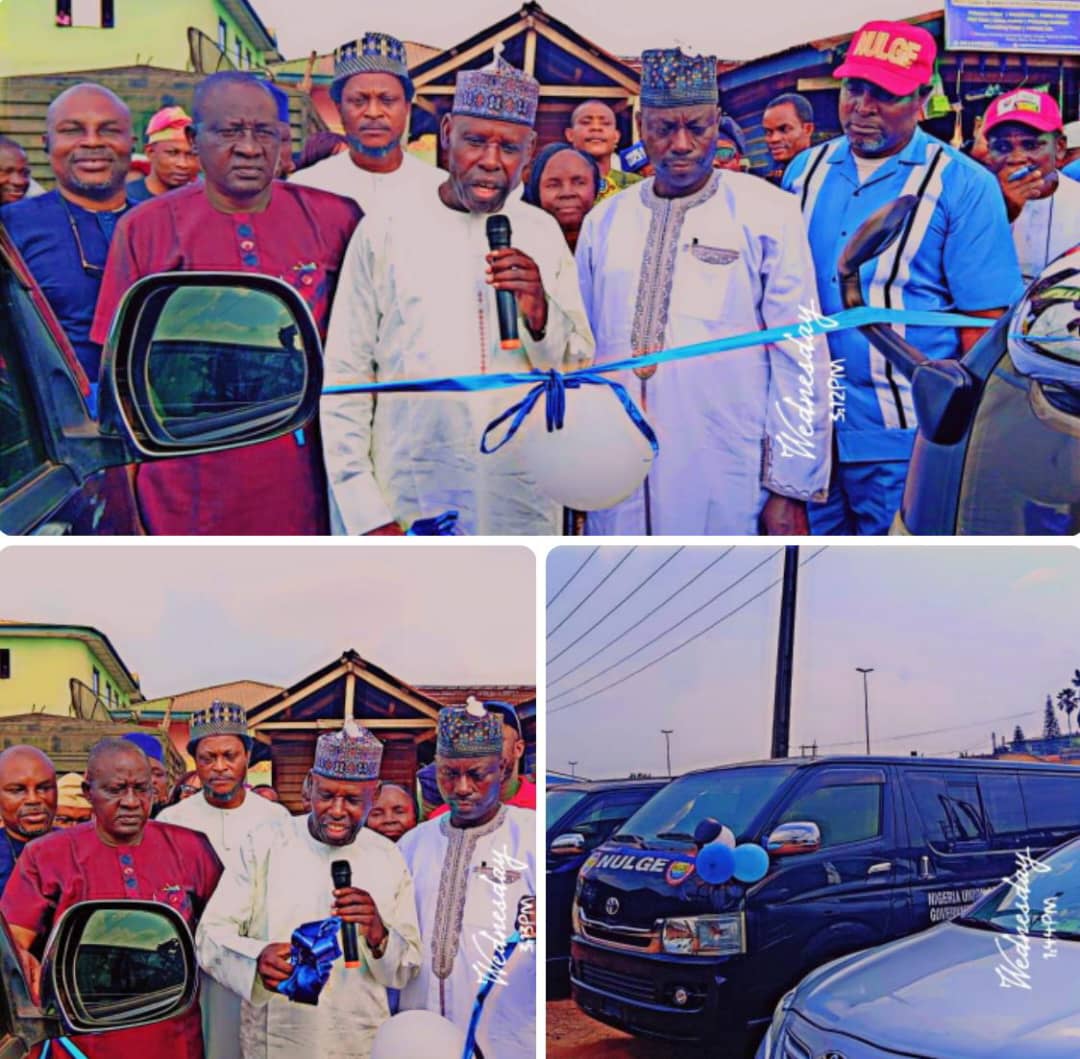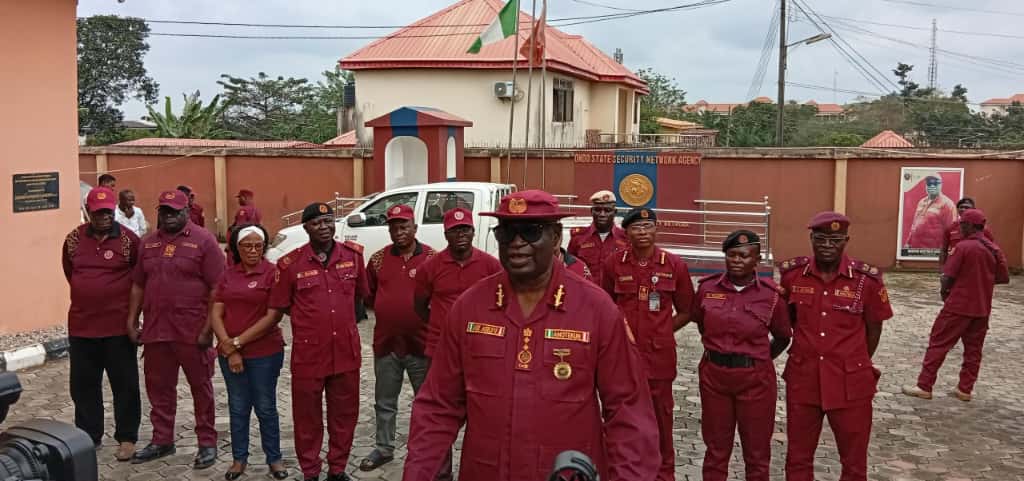COMMUNIQUE ISSUED AT THE END OF A TWO-DAY MEDIA CAPACITY BUILDING WORKSHOP FOR JOURNALISTS ON SAFETY/SECURITY CONSCIOUSNESS AND MECHANISMS IN INVESTIGATIVE REPORTING AND COVERAGE OF CONFLICTS/DANGEROUS ASSIGNMENTS WHICH HELD ON TUESDAY JULY 5 & WEDNESDAY JULY 6, 2022, IN KANO STATE
In view of rising hostilities against journalists and media professionals in the country, a two-day workshop was organised to equip journalists on prerequisite skills and knowledge on safety and mental wellbeing especially in the build up to the 2023 general elections.
The workshop focused on Safety/Security Consciousness and Mechanisms in Investigative Reporting and Coverage of Conflicts/Dangerous Assignments
25 female and male journalists from online, print and broadcast media who participated at the workshop were taken through lectures on entrenching ethics and professionalism, building safety and security consciousness and giving deserved attention to physical and mental health. The training took place at Chilla Luxury Suites, Kano State, Nigeria.
In the welcome address, Omolola Arogundade, Media Monitoring Officer of IPC, stated that the training was designed as part of steps towards providing appropriate response to relentless assaults on journalists and media institutions by both state and non-state actors, with the perpetrators rarely facing justice.
The three resource persons who made presentations were drawn from the academia. Dr. Nura Ibrahim , Head, Department of Information and Media Studies in the Faculty of Communication, Bayero University, Kano facilitated the sessions on ‘Data and Digital Security & Related Security Issues in Investigative Reporting and Coverage of Dangerous Assignments’ while Dr. Ruqayyah Yusuf Aliyu, a lecturer with the department of Information & Media Studies in Bayero University, Kano, took the participants through ‘Investigative Journalism or Reporting: Understanding the Challenges & Possible Dangers’. Dr. Haruna Yakub, a Medical Doctor with Aminu Kano Teaching Hospital in the department of Psychiatry facilitated the sessions dealing with ‘Attacks on Journalists, Mental Health Challenges and the Imperative of Effective Management’
OBSERVATIONS
Following the presentations and discussions, the participants observed that:
· Journalists’ welfare in Nigeria has worsened over the decades without concrete efforts to improve the situation.
· Journalists have not demonstrated sufficient interest in reporting issues that directly affect their welfare and safety individually and collectively.
· There are huge gaps in the provisions for and enforcement of regulations for the protection of rights of journalists and to guarantee their welfare.
· Journalists and professional bodies have not adequately prioritized campaigns for insurance policies to guarantee welfare at the workplace
· Journalists are still ignorant of the FOI Act and therefore unable to deploy the provisions of freedom of information (FOI) Act for investigative purposes
RECOMMENDATIONS
The following recommendations were made:
· Media professional bodies and stakeholders should ensure that the laws providing for the protection of journalists in the country be fully implemented at all levels.
· Journalists and other media professionals practicing and publishing online must openly declare commitment to the upholding of the ethical and professional standards of journalism as spelt out in codes of ethics/conduct while also taking necessary protection and safety measures.
· Skill acquisition and capacity development should be prioritised by media establishments as part of the welfare package for journalists.
· Journalists’ well-being and mental health should be given priority by all media professional bodies and stakeholders.
· There should be sustained engagement with security agencies to push concerns relating to abuses against journalists and demand for stiff penalties for violation of the “rights’’ of any journalist.
· Other independent bodies and NGOs should make it a duty to join the IPC in the fight for the protection of journalists.
· There should be conscious efforts to sustain the push for the Journalism Enhancement Bill (JEB).
· There should be engagements with media stakeholders to deliberate on funding for the JEB.
· There should be greater collaboration between media professionals bodies and Departments of Mental Health Services of tertiary institutions in every state of the federation to mobilise for sustained interest in advocacies on improved welfare and mental health of journalists.
· Media organisations (government and privately owned) should provide continuous mental health educations and self-protection training for their staff.
· Media support groups like IPC should continue to prioritise capacity building on digital safety /security and safety consciousness for journalists and other media professionals.
The participants appreciated the Shehu Musa Yar’adua Foundation, Ford Foundation, Luminate and OSIWA for supporting the workshop through the funding of the project on ‘Contextualizing and Publicizing Real Costs & Mobilising Against Increasing Violation of Media Freedom, Journalists Rights and Freedom of Expression’.
SGD
Stella Nwofia
Program Manager
Tel: 234-(0)8020359629, 08063810424
Email: stellanwofia@ipcng.org, stellanwofia@gmail.com, stellanwofia@yahoo.com










